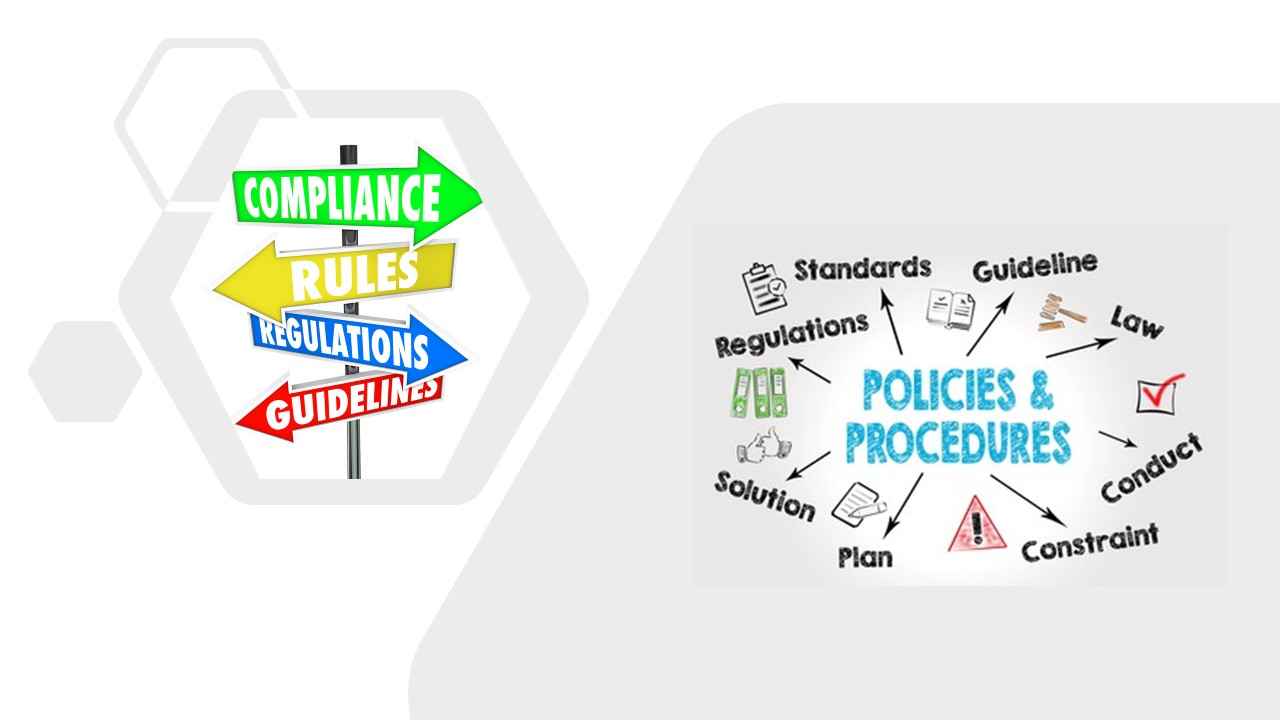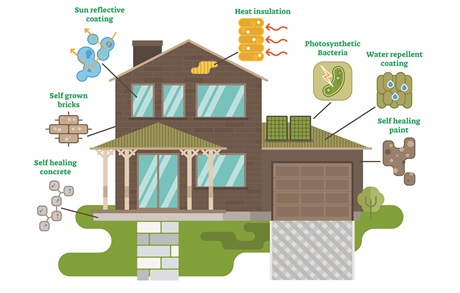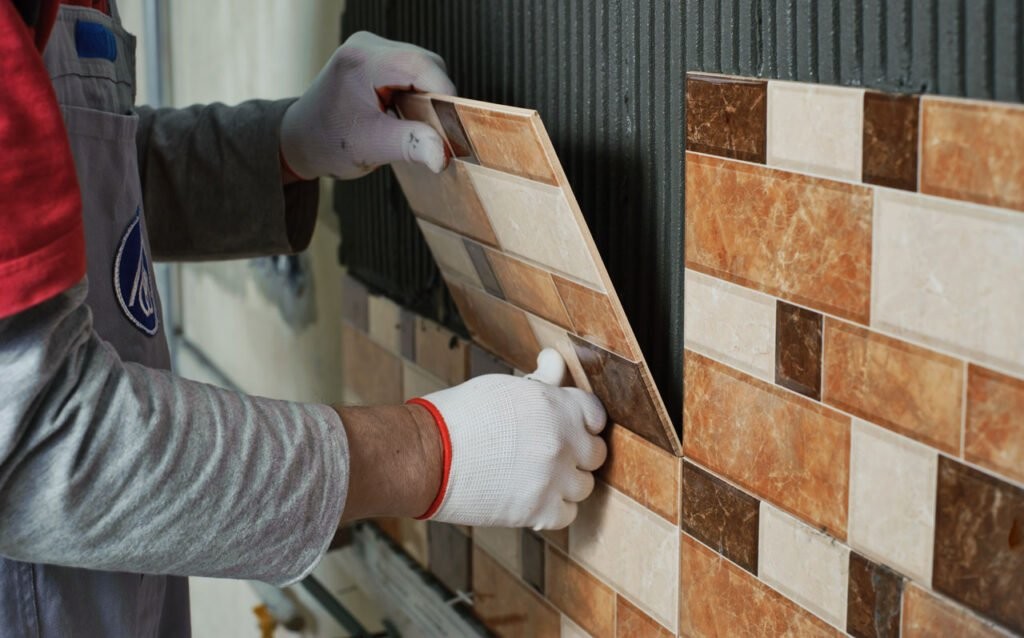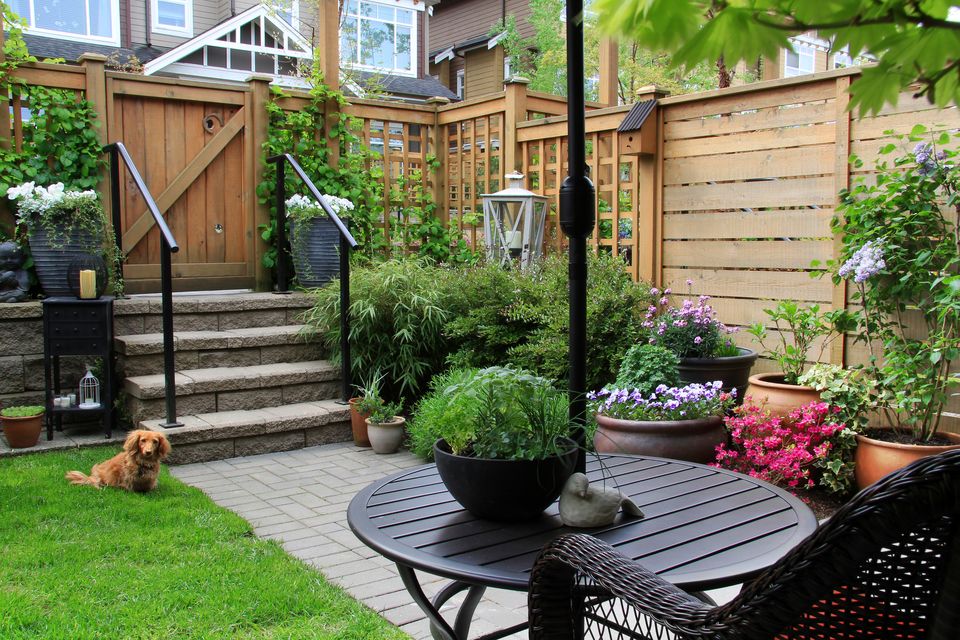 Here you will find information on everything from home renovations, building anything in Ireland and information on building permits. Here we’ll help you choose the perfect site, delve into the different types of building materials and why you shouldn’t use certain types of building materials in Ireland.
Here you will find information on everything from home renovations, building anything in Ireland and information on building permits. Here we’ll help you choose the perfect site, delve into the different types of building materials and why you shouldn’t use certain types of building materials in Ireland.
As well as the technicalities of building, we’ll look at how to plan the interior and exterior of your home. What solutions are suitable for this and how to achieve a stunning result. With a team of professionals and our vast knowledge you will be able to plan in advance and carefully calculate every step of your project. Which will make it easier to build and avoid any misunderstandings that lead to costly mistakes and delays in the process.
Why build in Ireland?
Building in Ireland is only challenging if you’re unprepared
Ireland’s temperate but minute changing climate is a serious challenge for all the materials that will be used in construction.
Strong winds each winter with wind gusts of over 200km/h, constant rain and mild summers mean you’ll need durable materials and clever design to keep your home warm and dry.
:max_bytes(150000):strip_icc()/GettyImages-862408482-5c4a3d2046e0fb00017ce761.jpg) Building in Ireland is an opportunity
Building in Ireland is an opportunity
Building in Ireland isn’t about battling problematic weather—it’s actually a hidden gem. You’ll hardly find this kind of wonderful climate anywhere else in the world. Yes, if you’re not used to it, the weather might initially seem a bit unfriendly, windy, and rainy. But look deeper: there’s no harsh cold or extreme heat, which gives you endless possibilities for creativity in landscape design and home planning.
It’s an ideal place for creating open relaxation areas, large panoramic windows that capture stunning views, cosy patios, or even spacious terraces and gardens that stay lush and green all year round.
What you’ll find on our blog
 Site selection and preparation
Site selection and preparation
We’ll find out what the main criteria are from experts in buying and developing plots and tell you what to look for in our articles:
Location: Easy access to shops, schools and favourite places.
Services and infrastructure: Is there a reliable water supply and is it easy to connect to the electricity grid?
Soil tests and drainage: Knowing the condition of the soil is essential, especially in areas prone to flooding.
If you have a plot of land in mind, you will learn how to check its origin, boundaries and local planning conditions.
 Design and planning permission
Design and planning permission
We will learn from architects and designers directly where to start and what pitfalls to be wary of during the ideation stage:
Getting planning permission in Ireland can be tricky if you haven’t dealt with it before. Think of it this way: you wouldn’t build a house without detailed construction drawings or a realistic budget, right? The same logic applies to dealing with the council.
Irish Building Regulations: We’ll break down the basic rules you must follow.
The building permit process: Get it right and you’ll save yourself a lot of hassle. If you need to tweak the project, do it now, not after you’ve poured the foundations!
Construction and regulations
At this stage you’ll need a designated certifier – a surveyor, engineer and architect – to ensure your project meets the regulatory requirements we’ll talk about in this section, and learn how not to overpay at this stage:
Structural Plans: Detailing beams, roof spans, and lintels so your builder knows exactly how to construct safely and efficiently.
Specification Documents: Everything from method statements and risk assessments to materials and energy performance details.
Cost Review: At this stage, you’ll refine your budget, lock in your heating choices (like underfloor vs. radiators), and figure out whether you’re going for oil, gas, or an air-to-water system.
Short version? Proper planning now saves you money later.
 Materials and technology
Materials and technology
Obviously in the Irish climate we cannot use materials that are corrosive, or materials that are not resistant to wet weather, and materials must be environmentally friendly. We address these issues in our topics below:
Energy Efficiency: How to meet BER and Part L of the Building Regulations.
Insulation and ventilation: Keeping your home cosy and mould-free.
Sustainable alternatives: Environmentally friendly materials that work well on these shores.
Interior Planning and Finishing
It’s all worth starting with planning to think ahead about everything from door location to room layout, proper heating and maximising energy efficiency. We take a look at:
Kitchen and living areas: Open plan and separate rooms, functional layouts for the family and ensuring there are enough power sockets (you’ll thank us later!).
Furnishings and Furniture: Moisture resistant paints, efficient lighting and furniture that suits your style and doesn’t cost a lot of money.
Renovations and extensions: If you’re updating an old Irish house, we’ll tell you how to do it while retaining its much-loved character.
 Gardens and open spaces
Gardens and open spaces
In Ireland it is possible to create an outdoor garden area with plants that require little or no maintenance, or to create a plant shelter where some plants can survive the winter in camphor-like conditions. Also in this section we will discuss drainage issues, selection of the right plants and much more:
Landscaping: How to Make the Most of Mild Temperatures and Moderate Rainfall.
Decks, patios and pergolas: Creating secluded nooks for barbecues and family gatherings.
Water features and polytunnels: Embracing the “green” side of Emerald Isle.
Real stories, interviews and tips
We love learning from real projects: we’ll show you the good ones, the bad ones, and the downright dirty ones.In addition, we regularly publish interviews with..:
Architects and Engineers: You’ll learn about design, structure and the latest building techniques.
Experienced builders: They’ll point out the biggest pitfalls (and how to avoid them!).
Homeowners: People who have successfully built or renovated a home will tell you what they wish they had known from the beginning.
News and Trends
We keep up with the latest changes in building codes, as well as new technologies entering the market. Want to know if 3D printing a house in Ireland is realistic? Curious about the next wave of solar solutions? Join us.
Join our community
Planned construction should be accessible to everyone – and that’s where it’s worth starting, whether you’re starting out on your own or will be looking for a contractor. With proper planning, guidance, it can help you save money and control the work to be sure of the quality and technology used.